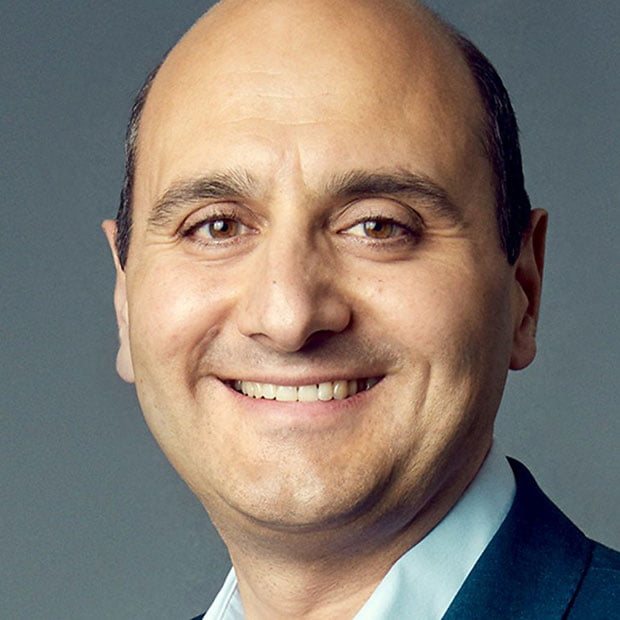BBC Studios posts record $269m profits as review shows production sales hike
BBC Studios experienced a record 12 months in the financial year 2021/22, with profits shooting up by 56% to £226m (US$269m) from turnover of £1.6bn.

Tom Fussell
It marks the first time the commercial arm of the UK public broadcaster has exceeded profits of £200m, while it has also achieved its highest-ever level of returns to the BBC at £353m, more than doubling that of the previous year.
As a result, the business has exceeded its target of £1.2bn in returns to the BBC over the first five years of the current charter and has committed to grow this total by a further 30% to a new target of £1.5bn in the five years from 2022/23.
A £135m cash dividend will be going back to the BBC, after no cash dividend was issued in 2020/21 due to the pandemic.
The figures, released as part of BBC’s Annual Review for 2021/22, show a rise in production sales, with a quarter of its new commissions coming from third parties outside of the BBC.
BBCS made 2,400 hours of content worldwide, with programming such as Doctor Who, Top Gear, The Universe, Green Planet, The North Water, This is Going To Hurt and The Outlaws helping to generate content sales of over £400m.
UKTV, which BBCS took full ownership of in 2019, also had a record year, with profit (EBITDA) up 105% as the advertising market bounced back to boost revenues, while channels Drama, Gold and Alibi increased their share by 11%, 7% and 5% respectively, in the 2021 calendar year.
BBCS said the results, plus “new headroom in the business’s ability to borrow,” meant that more opportunities for it to invest and build commercial income are “opening up.”
The company has also published its annual pay gap reports, with details of pay gaps for gender, ethnicity, disability and LGBTQ+ employees broken down by career level band, as well as global analysis for the first time.
There were more challenging numbers across the annual reports. As expected, with the pandemic lockdowns over, the length of time viewers spend watching BBC television was down from over eight hours a week to just over seven. Only 46% of 16-34s watch BBC TV each week. iPlayer viewership, however, was up 8%.
The escalating costs of television, particularly drama, being driven by streaming giants, is highlighted by the BBC’s content spend increasing by £300m, £90m of which was in scripted, without producing significantly more content.
Tom Fussell, who became CEO of BBCS on a permanent basis last year after taking over from Tim Davie after he was made director general of the BBC, said: “Last year was stellar for BBC Studios, thanks to continued strong demand for our brands like Strictly/Dancing with the Stars, Time, Bluey, and the Planet series.
“Our creative and financial success is clear for all to see and I am so proud of our teams across the world who worked so hard to achieve this in extremely challenging conditions. With new freedom to invest, and a new commercial board, now is the time for the business to step up a gear.
“Despite an uncertain economic climate, we’re hugely confident about the opportunities ahead, and while this investment in future growth might impact on our profits over the short term, we know that we are building a business which can play a more significant role in the future of the BBC.
“We’re amongst the most transparent in the media sector for pay gap disclosures, with breakdowns for gender, disability, ethnicity and LGBTQ+ across all levels of the business, as well as new data this year for our global staff. While there is much to be proud of as our gender pay gap continues to fall, inevitably these figures paint a picture of a work in progress, especially where we are investing in the talent of the future. We know there is work to do to achieve the equality we seek across the board, and we will work tirelessly to make this happen.”













.jpg)




























